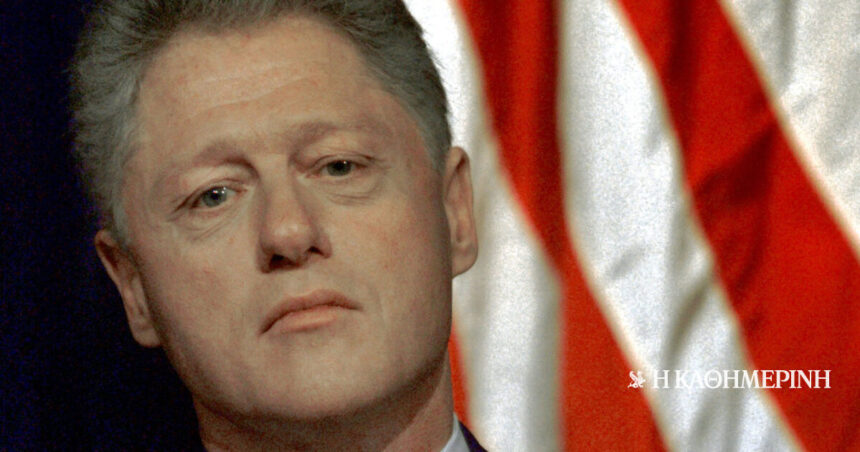On November 19, 1998, the House Judiciary Committee held the first public hearing to investigate whether the president Bill Clinton he had to be brought to trial. The moment marked the beginning of a critical phase in the political drama surrounding the president’s extramarital affair with Monica Lewinsky and the subsequent attempted cover-up, which led to charges of perjury, obstruction of justice and abuse of power.
The origins of the impeachment process can be traced back to the investigation conducted by independent counsel (a position equivalent to the duties of a special investigator) Kenneth Starr, who was initially tasked with investigating the Clintons’ involvement in Whitewater real estate scandal. However, the Starr’s investigation widened considerably after it revealed details of Clinton’s affair with Lewinsky, a former White House intern. Clinton’s subsequent efforts to conceal the affair, including his subpoena and attempt to influence Lewinsky’s testimony, were at the heart of the impeachment inquiry.
The Star Report, which contained clear details of his relationship Clinton with the Lewinskywas a key document in the referral process
By the fall of 1998, Starr had delivered the now-infamous Starr Report to Congress, recommending Clinton’s impeachment on perjury and obstruction of justice charges. The report, which contained clear details of his relationship Clinton with the Lewinskywas a key document in the referral process. It sparked intense political debate and partisan bickering, with Republicans arguing that Clinton’s actions warranted impeachment, while Democrats argued that the charges were politically motivated.
On November 19, 1998, the House Judiciary Committee, which had jurisdiction over impeachment proceedings, convened the first public hearing to consider the findings of the Starr Report. The hearing included testimony from key people involved in the investigation, including lawyers, who discussed the constitutional grounds for the impeachment. The purpose of the hearing was to determine whether Clinton’s conduct met the criteria for impeachment, which requires evidence of “high crimes and misdemeanors” as defined by the US Constitution.
One of the highlights during the hearings was the presentation of Starr’s research findings. Legal experts and committee members considered whether Clinton’s actions, particularly his affidavit in Paula Jones’ earlier sexual harassment case and his efforts to conceal his relationship with Lewinsky, constituted cognizable offenses censure. While Republicans emphasized the seriousness of Clinton’s alleged misconduct, Democrats argued that his behavior, though morally questionabledid not rise to the level of a censurable offence.
Many Democrats viewed the hearings as a politically motivated attempt to remove a duly elected president from office over a personal matter
The Nov. 19 hearing was tense as it reflected intensifying polarization between the two major political parties. Republicans, especially members of the Judiciary Committee, were united in their belief that Clinton’s perjury and obstruction of justice had damaged the integrity of the presidency and violated his oath of office. Instead, many Democrats viewed the hearings as a politically motivated attempt to remove a duly elected president from office over a personal matter.
In the days that followed, the Judicial Committee continued to listens to testimonies and collect data. The proceedings set the stage for a vote on whether to write articles of impeachment against Clinton. Although the hearings were just the beginning of the process, they represented a pivotal moment in the wider scandal that had gripped America for months.
Ultimately, the Judiciary Committee voted to approve four articles of impeachment against Clinton in December 1998, charging him with perjury and obstruction of justice. However, when the case went to the Senate for trial in early 1999, Clinton was acquitted, with the Senate falling short of the required two-thirds majority to impeach him.
Column Editor: Myrto Katsigera, Vassilis Minakakis, Antigoni-Despina Poimenidou, Athanasios Syroplakis




